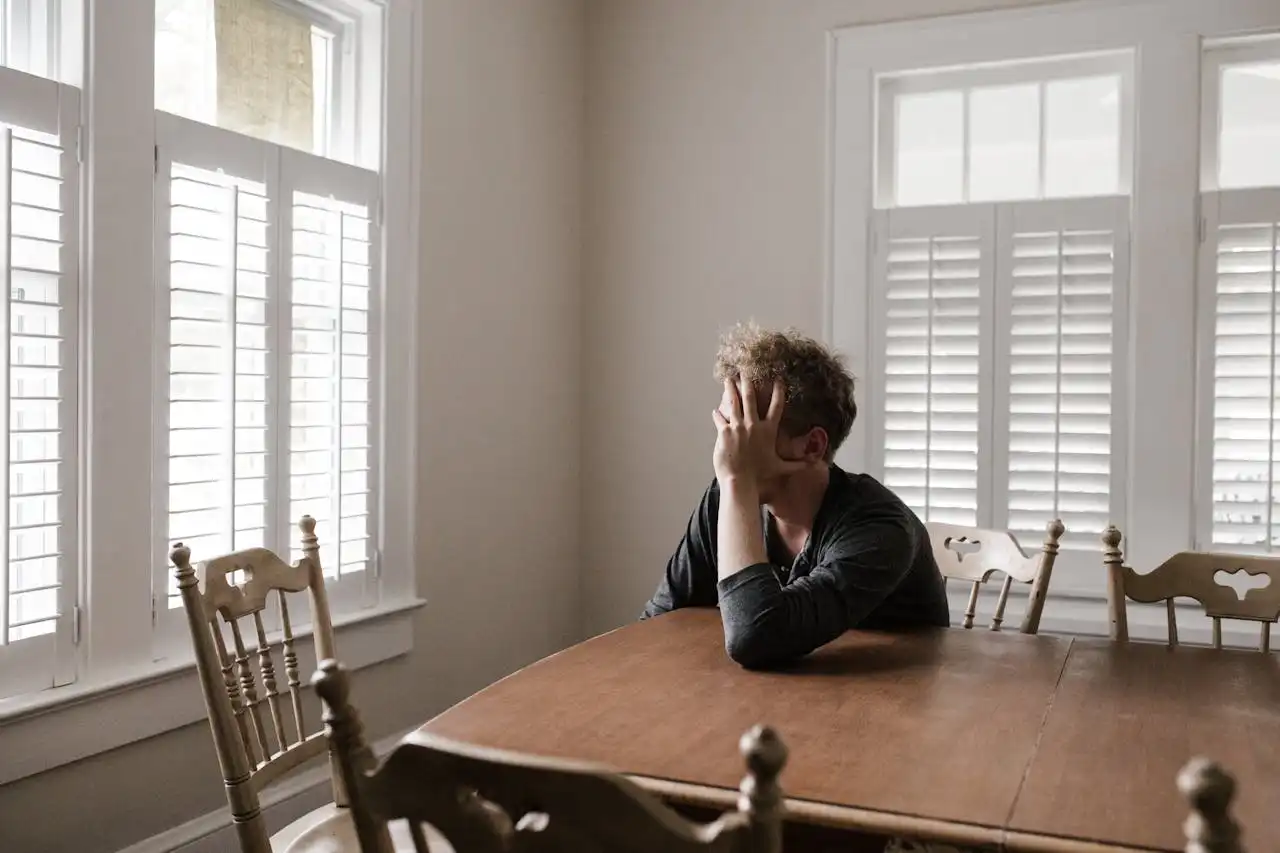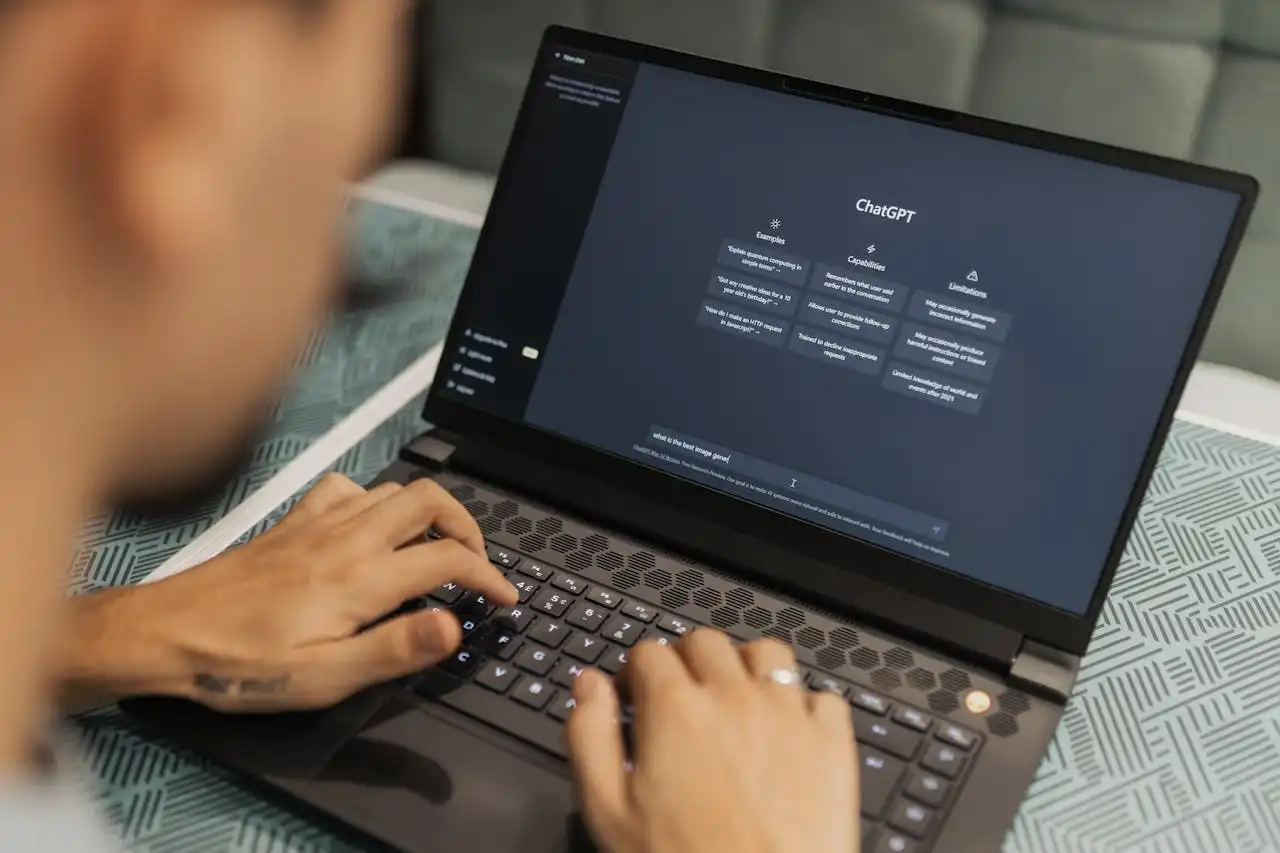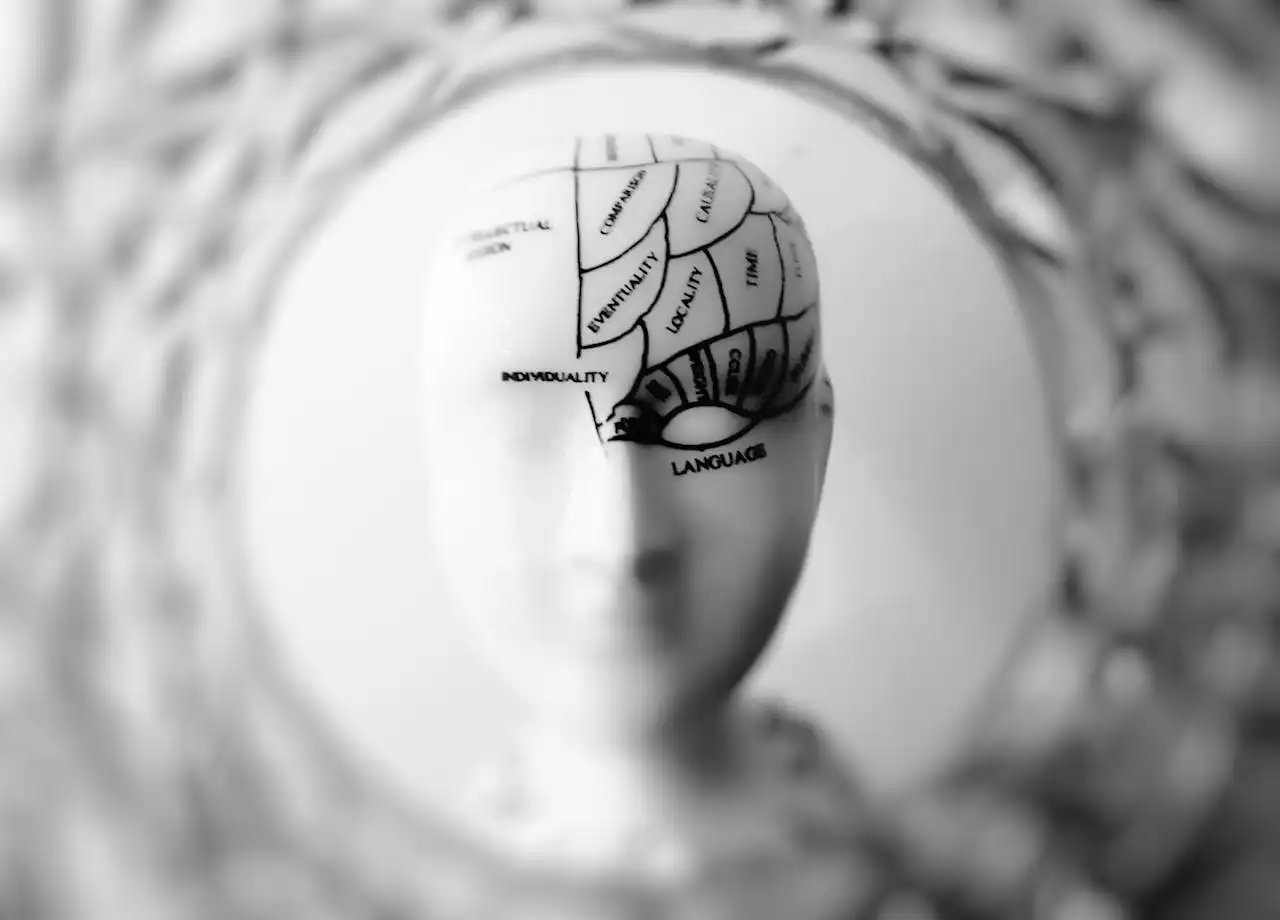The Unseen Toll: Why Your Phone Might Be Hurting Your Head (And How to Heal It)
Muhe - Friday, 18 July 2025 | 10:30 AM (WIB)


The Double-Edged Sword: Connection vs. Comparison
Social media started with such promise. Connecting with old friends, sharing life's moments, discovering new interests – it felt like the internet finally delivered on its promise of a global village. And in many ways, it has. But like any powerful tool, it has a shadow side. What began as a platform for connection has often morphed into a stage for performance, a relentless competition for validation. We're bombarded with images of perfection, success, and perpetual happiness, creating a distorted reality that most of us can't possibly live up to. This constant exposure fuels feelings of inadequacy, anxiety, and even depression. FOMO – the Fear Of Missing Out – becomes a pervasive background hum, making us feel like we’re perpetually on the outside looking in. And let's not forget the sheer addictive nature of it all. Those little red notifications? They're dopamine hits, tiny rewards that train our brains to crave more. Algorithms are designed to keep us hooked, serving up just enough content to keep us scrolling, often leading to "doomscrolling" where we plunge deeper into negative news or content that makes us feel worse. It's a tough habit to break because these platforms are literally engineered to be sticky, pulling us back in with every ping and buzz.When Your Digital Habits Start Hurting
So, how do you know if your social media use has crossed the line from helpful to harmful? The signs are often subtle at first. Maybe you find yourself checking your phone compulsively, even when there's no new notification. Perhaps you feel restless or irritable when you can't access your apps. Are you sacrificing sleep to scroll, or finding it harder to focus on real-world conversations because your mind is half-expecting a buzz from your pocket? If you often feel more drained, anxious, or down after a scrolling session than before it, that's a pretty strong indicator it might be time for a reset. It’s not just about what you see, but what you don’t do because you’re looking at your phone. Lost hours, neglected hobbies, strained real-life relationships – these are the silent costs of being constantly plugged in. Our attention spans are shrinking, our creativity might be stifled, and our ability to just *be* in the moment is severely compromised.Embracing the Digital Detox: A Path to Reclaiming Your Peace
Enter the digital detox. Now, before you panic and imagine tossing your smartphone into a river, let’s get real. A digital detox isn't about ditching technology forever. It’s about being intentional. It’s about creating boundaries, stepping back, and re-evaluating your relationship with your devices. Think of it less as a punishment and more as a much-needed mental spa day, or even a full-on vacation for your brain. It’s about regaining control, rather than letting the algorithms control you. The goal is to move from passive consumption to active engagement, both online and off. It’s about remembering what it feels like to be truly present, to let your mind wander, and to find joy in things that don’t come with a like button.Practical Steps to Unplug (Without Losing Your Mind)
Ready to try it? Here are some gentle, actionable ways to start your digital detox journey:- Set Time Limits: Most smartphones now have built-in tools (Screen Time on iOS, Digital Wellbeing on Android) that let you set daily limits for specific apps. When time's up, the app locks you out. It’s a bit of tough love, but it works.
- Designate No-Phone Zones: Make your bedroom a phone-free sanctuary. Keep devices out of the dining area during meals. These small boundaries create pockets of calm.
- Turn Off Notifications: Seriously, do it. Especially for social media apps. That constant ping is a distraction engine. Check apps when YOU decide, not when they demand your attention.
- Unfollow Draining Accounts: Go through your feed. If an account consistently makes you feel bad, inadequate, or angry, unfollow or mute it. Curate your digital space to be uplifting, not soul-crushing.
- Schedule "Tech-Free" Blocks: Dedicate an hour or two each day (or even just 30 minutes) to being completely offline. Read a book, go for a walk, do a puzzle, or simply stare out the window.
- Engage in Real-World Activities: Dust off those old hobbies. Meet friends for coffee without looking at your phones. Reconnect with the tangible world around you.
- Charge Your Phone Away From Your Bed: This simple act can dramatically improve your sleep quality by removing the temptation to scroll late at night or first thing in the morning.
The Sweet Rewards of Reclaiming Your Focus
What happens when you intentionally step back? The benefits can be truly transformative. You might find yourself sleeping better, waking up feeling more refreshed. Your anxiety levels could drop, replaced by a sense of calm. You might rediscover hobbies you once loved, or find new ones. Conversations with loved ones might become deeper and more meaningful because you're actually listening. Your focus improves, your creativity sparks, and you might even feel a renewed sense of self-worth that isn’t tied to external validation. It’s not rocket science; it’s about giving your brain a break from the relentless stimulation and comparison. It’s about remembering that life happens outside the screen, and that real connection, real joy, and real personal growth often occur when you’re truly present, unplugged, and engaged with the world right in front of you. Ultimately, social media is a tool. It's powerful, it's pervasive, and it's here to stay. But like any tool, its impact depends on how we use it. By being mindful, intentional, and occasionally hitting the pause button, we can harness its benefits without letting it dictate our mental health. So go on, cut yourself some slack, take a deep breath, and maybe – just maybe – put your phone down for a bit. Your mind will thank you.
How to Relax Your Mind During the Weekend
6 months ago

ChatGPT's Compassionate Turn: How AI Is Learning to Handle Mental Health Crises Better
6 months ago

Coffee vs. Tea: The Morning Brew Showdown That's More Than Just a Cuppa
6 months ago

Cracking the Code: Your Guide to Taming Those Beastly Migraines
6 months ago

Fuel Your Supercomputer: Five Foods That Will Level Up Your Brainpower
6 months ago

Unlocking Your Inner Shield: Five Veggies That Are Basically Superheroes for Your Immune System
6 months ago

Your Secret Weapon for Weight Loss? It's As Simple As Putting One Foot in Front of the Other
6 months ago

Forever Young: The Secret to a Glowing, Timeless Life
6 months ago

Your Gut Feeling is Right: How to Feed Your Inner Universe for a Happier, Healthier You
6 months ago

Navigating Your Daily Grind: When Does Your Coffee Habit Cross the Line?
6 months ago
